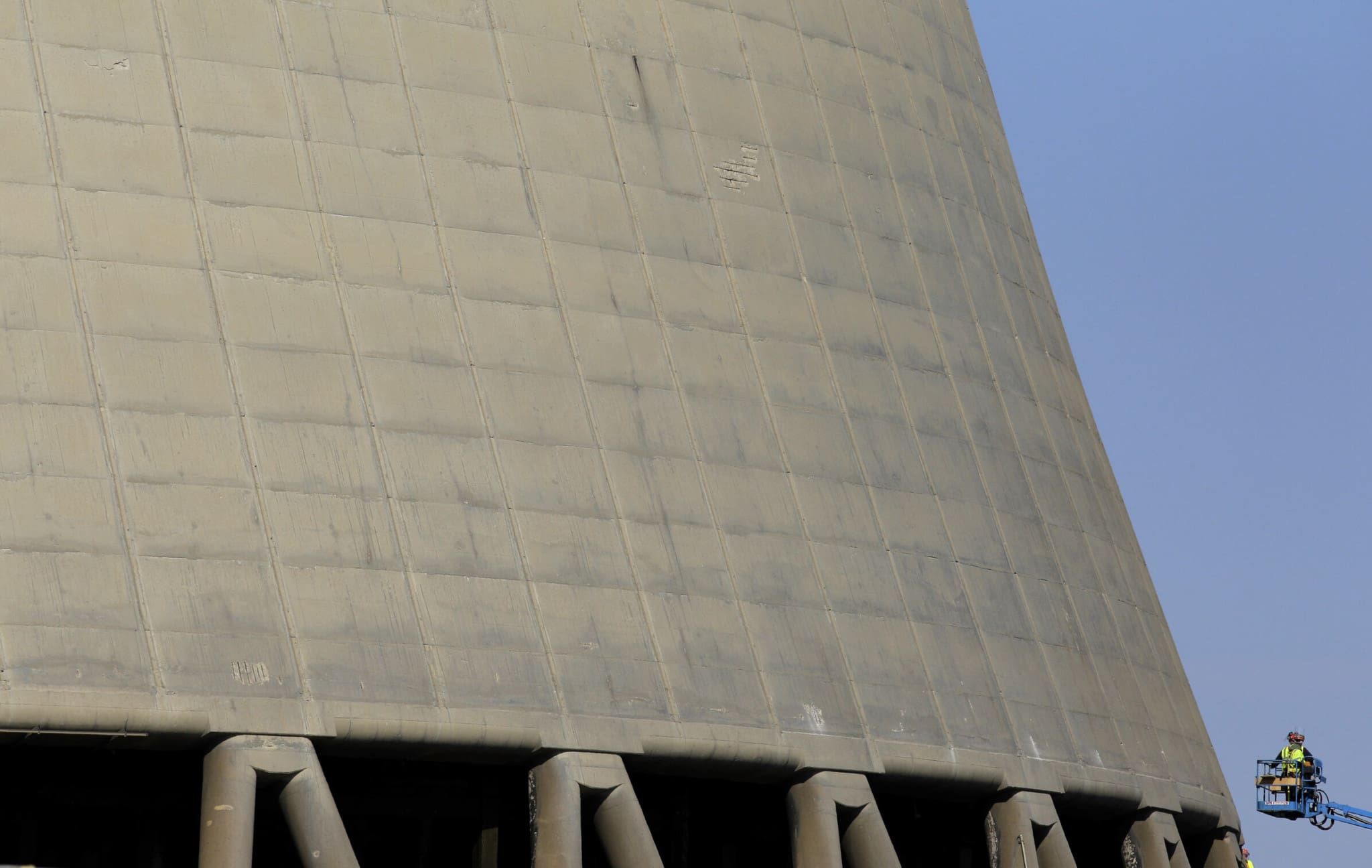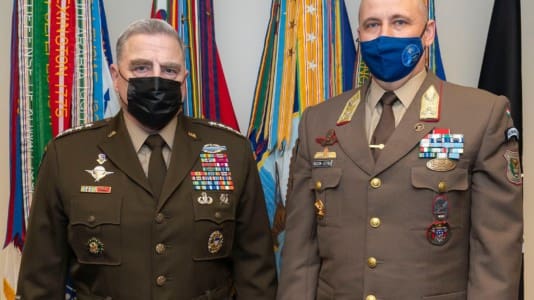Echo24 news outlet sometimes writes critically about the current Czech government, however, it is necessary to mention one significant success from last week (and, of course, immediately wonder what interpretation the Czech Prime Minister might give it this weekend).
The European Commission has published a definitive version of the so-called EU Taxonomy Climate Delegated Act. The very principle of taxonomy, in which energy sources are divided into clean, sustainable, and dirty categories, and accordingly artificially favored or disadvantaged, is scandalous. Nevertheless, we must acknowledge that nuclear and now gas belongs to clean and sustainable sources. That gives the Czech energy industry a chance to avoid power outages in the coming decades.
Of course, it was not the Czechs but the French (nuclear power) and the Germans (easing the gas conditions) that made a sensible shift of the Commission’s proposal. However, the Czech contribution was not negligible. It was greater than the weight of the Czech vote at the European Council. Past and current governments share this merit.
Compared to the Commission’s initial proposal from the turn of the year, the final draft is even more favorable from the Czech point of view. Natural gas, which, unlike nuclear fuel, is unquestionably a fossil fuel, did not have promising prospects a month ago. The European Commission made the permit for the construction of gas power plants and infrastructure conditional on a high proportion of so-called green gas and hydrogen, the production of which is expensive and uncertain, with some experts shaking their heads over the meaning of these technologies.
The year 2050 as the final date for the transition of the gas industry to the so-called green gas does not change, however, the stage targets for the share of green gas and hydrogen in 2026 and 2030 disappeared from the delegated act. Germany realized that they were unrealistic, which explains the shift between the version of the proposal a month ago and now.
The postponement of the green rigidity of gas to the last possible date is accompanied by the tacit hope that in that time, carbon neutrality will prove to be what it is from the beginning, a chimera. So far, there is no sign of such a reversal in opinion, to put it mildly. But now, in February 2022 and over the weekend, the Czech Prime Minister Petr Fiala welcomed the Commission’s final proposal.
“Without this decision, we would not be able to ensure energy self-sufficiency,” Fiala stated.
“The development of nuclear energy and sensible support for renewable resources is the way to achieve energy self-sufficiency and affordable energy for enterprises and households,” he added.
The very use of the word self-sufficiency is surprising and important. So far, on any occasion, Fiala has generally succeeded in creating the impression that the completion of the reactors, together with the further expansion of solar panels and windmills, solves not energy self-sufficiency, but an energy crisis. The energy crisis is happening here and now. We have had it since autumn. Articles about raising rates by the Czech electricity suppliers show the intensity of this crisis, and prices are going up nationwide.
Neither the launch of new reactors in 15 or more years nor the previous construction of steam power plants will seem to save energy. It is necessary to strictly distinguish two concepts: affordable energy prices and energy self-sufficiency in the sense that electricity and heat, regardless of price, will exist at all.
The current government is doing something only on the second level. It’s a meritorious job to avert future lockdowns, but that’s all. We need to know how our government will deal with the absurd resale and multiple increases in the price of electricity from ČEZ Group on the European Energy Exchange and whether it will find the courage to negotiate directly with Russia over a long-term gas supply contract.
The Russians maybe have nothing to offer us, but Viktor Orbán last signed a long-term contract for significantly cheaper gas with Gazprom six months ago. Some issues are “absolutely crucial.” Then, there are matters even more critical.






